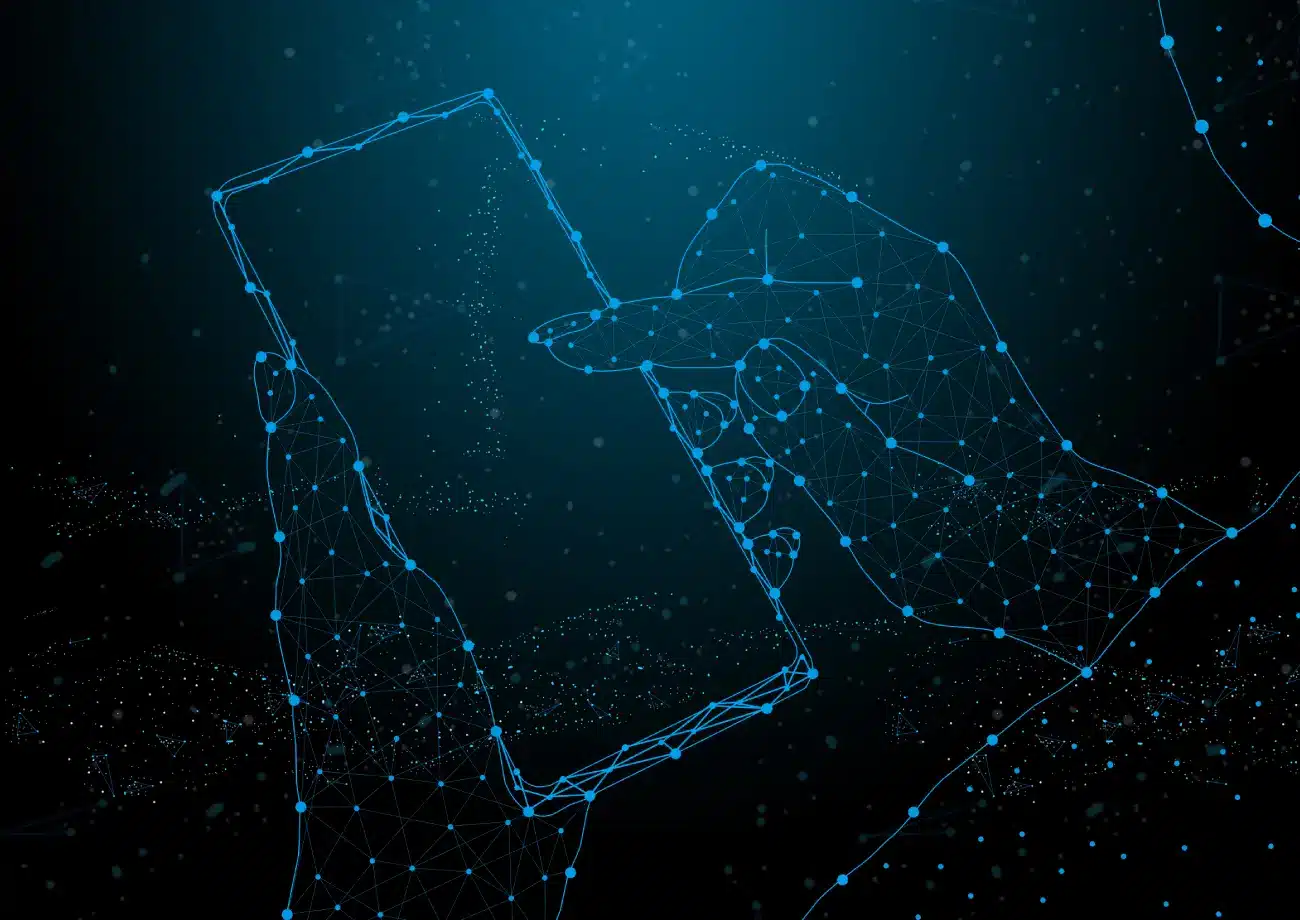What is conversational banking?
The financial industry is undergoing a digital revolution, with traditional methods of banking being replaced by faster, more efficient, and…
Read more30. 03. 2018.

A man is defined in numerous scientific ways, but one definition seems unchanged since the beginning of time. The man is the creature that communicates – from the first attempt to speak, till the last tale told to grandchildren.
“The telecommunications are defined as the exchange of the information between the source and the destination, with the use of technologies. The transmitting ways vary and are getting more complicated as the communication is becoming multi-dimensional. It all started with smoke signal communication, that is considered to be the first ‘digital’ communication ever”, Vip Mobile engineer Djordje Begenisic describes the industry he works in.
But since the smoke signals, the reality has significantly changed for telecommunications. Smoke signals are easy to be counted and understood; now the things have become more complicated. “In this industry, we have a lot of meeting points with our user and we can collect information in real time. We get that data through the sales process (CRM systems, Webshop, self-care systems), through the network (every use of a phone or any other device that communicates with the network leaves a trace), through the post-sales process and activities (bill payment, purchase of additional options, credit charge”, seems like Vip Mobile software architect Goran Pavlovic could go on counting the examples forever.
But it took some time for the telecommunication companies to expand their interest to Big Data. For a while, they used those only for marketing needs and financial analysis. The companies like Things Solver inspired them to the new discoveries and further thinking.
“Telecommunication companies are a bit like dinosaurs – we need energy injections and impetus to direct us towards the new trends in order to improve the competitiveness and perform the digital transformation the right way”, says Begenisic. He compares the amount of data the industry possesses with a lake, and for that, you need good swimming skills.
To avoid dinosaurs turning into the “Loch Ness Monsters”, data scientists provide the “life vests”. Data Science helps the optimization of the network performance, better capacity allocation and planning, optimization of internal processes, more efficient and faster reactions to the user- reported issues, foreseeing future user problems and reacting to them in advance.
Pavlovic explains that the joint efforts of Vip Mobile and Things Solver started first with solving the “smaller” problems. “Lead by the “start small & fail fast” motto, we managed to bring up several solutions to the commercial use in two companies, while in some cases, we saw very early that the results would not be expected, so we allocated our resources to the other projects”, he concludes.
The study “2017 Big Data Analytics Market Study” by Dresner Advisory Services, published by the Forbes magazine, found that the use of Big Data has reached 53% companies in the US – the magic has reached more than a half of the business world. The data is even more stunning when compared to the number of 17% companies that existed in the Big Data and Analytics world, back in 2015. It is not hard to guess that the top of the list is reserved for telecommunications and financial services companies. The study showed their need for getting their data in order is the greatest. As the main reason for entering the analytics world, the companies list the user behavior analysis and social analysis, which should result in a more predictable business environment.
Serbian telco market is no different. “The skills of data management and the proper understanding of their content within the legal limits make the difference between the two telecommunications companies. Today, everyone has 4G networks, 5G is coming to all in few years, the differences in speed and ping are decreasing… So we need to find a new field for competing at the market”, Djordje Begenisic concludes. And it’s not just finding another field – it’s also winning the game, this time with the knowledge that adds extra value to the already existing data.
The financial industry is undergoing a digital revolution, with traditional methods of banking being replaced by faster, more efficient, and…
Read moreYou’re running a business, constantly looking for ways to cut costs, boost efficiency, and increase revenue. But here’s the harsh…
Read moreAgentic AI will transform industries, but with one important exception — without consolidated data, even the most sophisticated AI systems…
Read more